
We’re excited to hear your project.
Let’s collaborate!
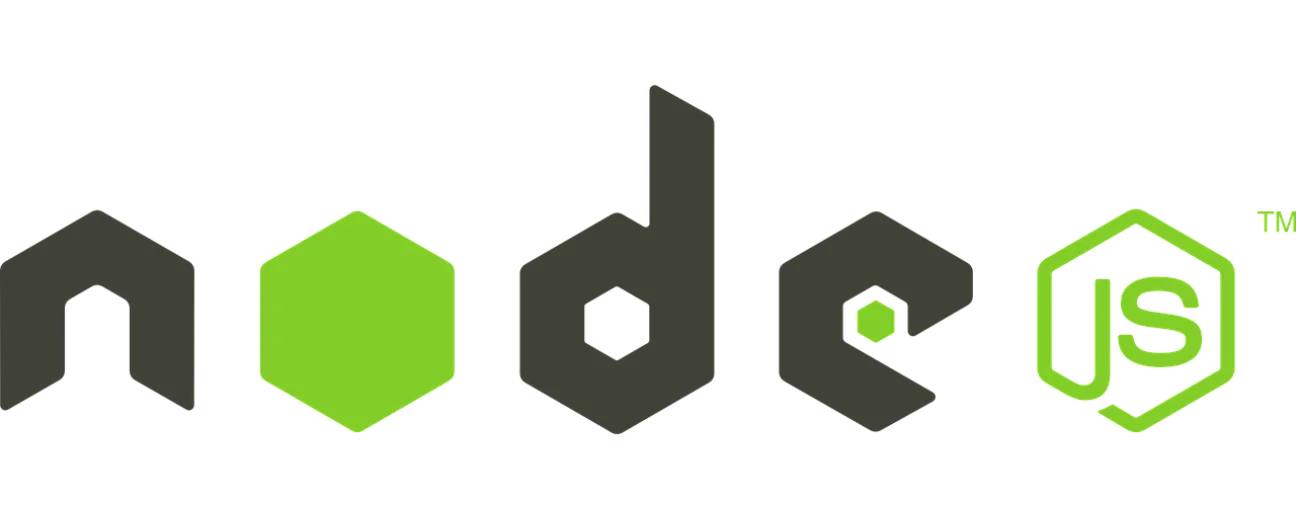
The future is now... That predicted future where Node.js dominates the landscape of the application and web development technologies. And so, the “tormenting” question that you're dealing with right now must be: “But what are the best Node.js frameworks in 2019?”
Followed closely by:
“And which one of them should I use? Which one of these web server frameworks best fits my own project requirements?”
And, as a Quora user pointed out:
“This is just like asking what clothes to wear out. It depends on where you're going right?”
To give you a hand, we've weighed the pros and cons, both the developers' and the end-users reviews. We've compared their “stocks” of GitHub stars, and shortlisted the Node.js frameworks to... 5 frameworks holding a higher scope than the rest:
First of all, yet without getting knee-deep into technical jargon, let's briefly pass in review the main reasons why Node.js — a tool for developing server-side web apps quick and easy — has got so influential:
It enables developers to build fast and scalable server-side apps.
And it all comes down to these 2 key benefits.
All that talk about:
… can be reduced to these 2 “irresistible” advantages.
And by “fast” I don't refer to page loading times only, but to the fact that it speeds up the development process itself, as well:
With Node.js implementing the server side, developers don't need to “joggle with” 2 languages anymore. One for the back-end/server-side and one for the front-end/client-side.
Now, back to the initial question:
Take it as some sort of Node.js-based abstract design or “skeleton” that you can build your own custom code on.
An... empowering “skeleton” that comes packed with:
… that help you/your development team quickly prototype and develop your project.
And, since its out-of-the-box features help you keep code consistency throughout the team, a Node.js framework will implicitly:
Does that answer your question?

It stands out as “the minimalist” framework in our list here:
A Node.js-based technology that takes on the role of a middleware between our servers and routes.
And its robust APIs are one of the main “culprits” for its increasing popularity — one of the best Node.js frameworks in 2019.
It practically enables app developers to set up routes to send/receive requests between the database (MongoDB) and the front-end (Angular).
Another one of its “selling points” is given by the heavy load of packages that you can just “inject” into the Express.js framework to extend its functionality.
Benefits:
Drawbacks:
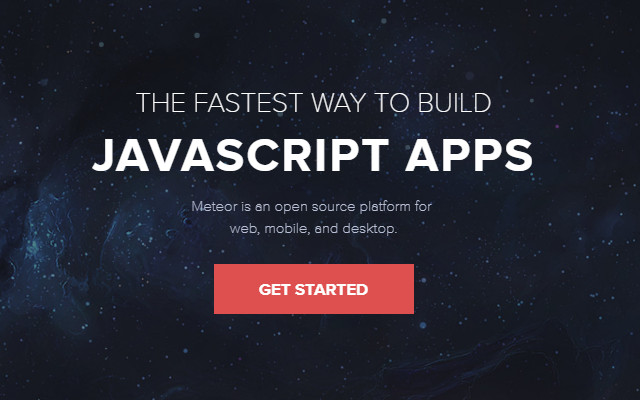
The key advantage that propelled Meteor in the 5 best Node.js frameworks in 2019? Real-time updating.
And there's more! It's built to power really large projects (e.g. Reaction Commerce) and, if documentation is a particularly heavy-weighing criterion for you, this framework's backed by a large community.
One that has already put together rich and clear documentation to help you get your web app up and running in no time.
Benefits:
Drawbacks:
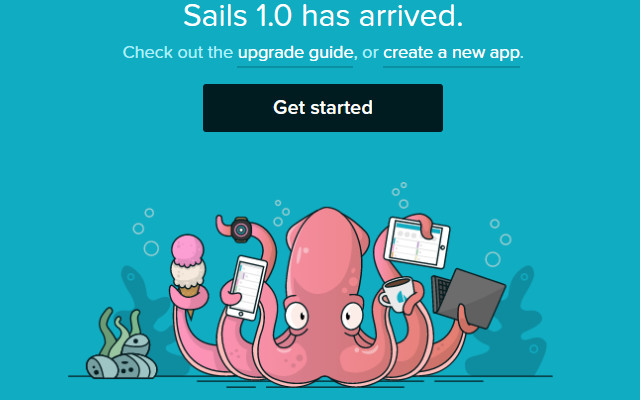
The most... compatible Node.js framework in our list, we could say.
For Sails.js “gets along well” with:
And it's not at all “picky” when it comes to the types of controllers, models, views, adapters, and configuration files that the applications that it powers might include.
In short: it's a highly compatible framework with data-based APIs and service-oriented, scalable architecture. One that gives you a more... robust “skeleton” to start with, we might say.
Benefits:
Drawbacks:
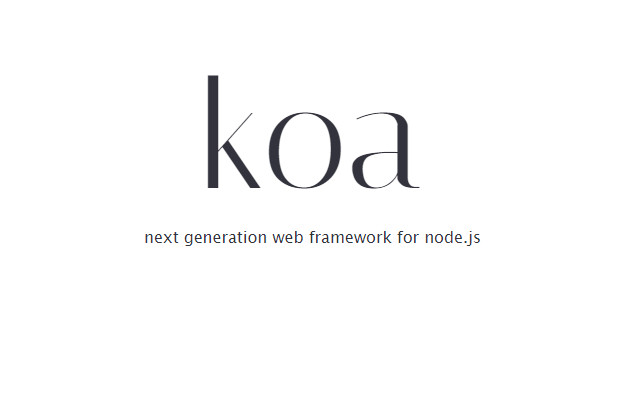
Developed by the same team that designed Express.js, Koa sets itself apart from the rest of the Node.js frameworks in our top here with some unique features:
Why has the Express.js team decided to build a new Node.js framework? What have been their major goals:
Benefits:
Drawbacks:
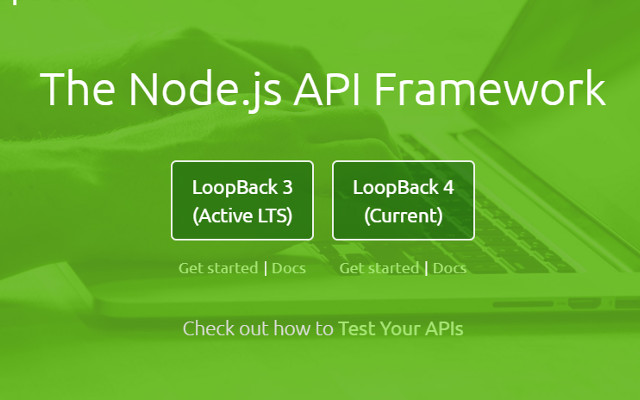
One of the best Node.js frameworks in 2019 that “spoils” you with:
What makes it unique in our list here? The fact that it empowers developers to build their own models based on their own dynamic models or schemas.
To come up with their own server API, that would be further assigned to a new server. Pretty much like building an API that's proxy for... another API.
In addition to that, it supports a whole range of databases: PostgreSQL, MySQL, Oracle, MongoDB, and REST services.
Benefits:
Drawbacks:
As already mentioned, at the beginning of this post: a mere inventory of the best Node.js frameworks in 2019 is not the answer.
It's the best web server framework for your own project's requirements that you need.
What are your priorities when it comes to the benefits that you “reap” from using one Node.js framework over the other? Is it:
Friendly advice: don't invest all your resources in learning one such Node.js framework since new, more tempting and feature-rich ones will emerge. Instead, learn the business in the front-end/back-end or the language itself (JavaScript) to future-proof your... investment.

We’re excited to hear your project.
Let’s collaborate!